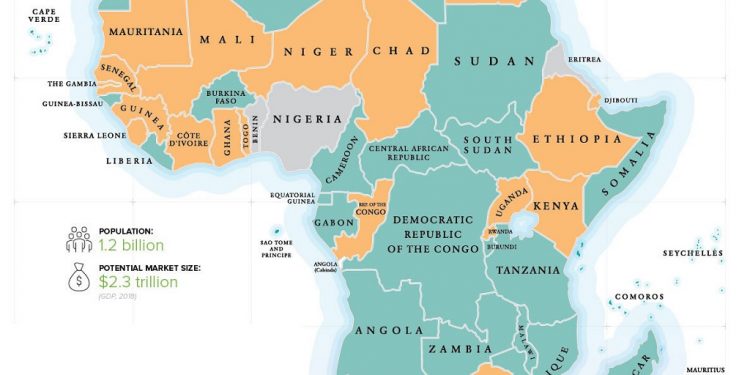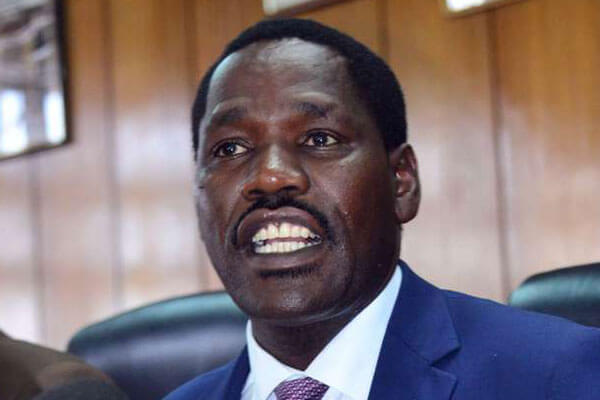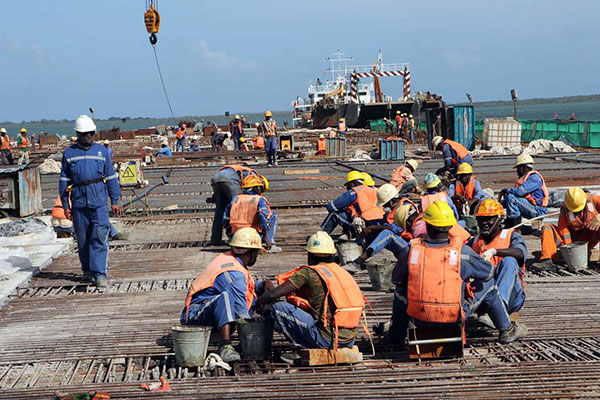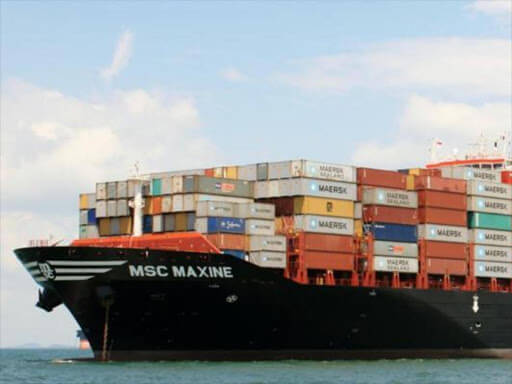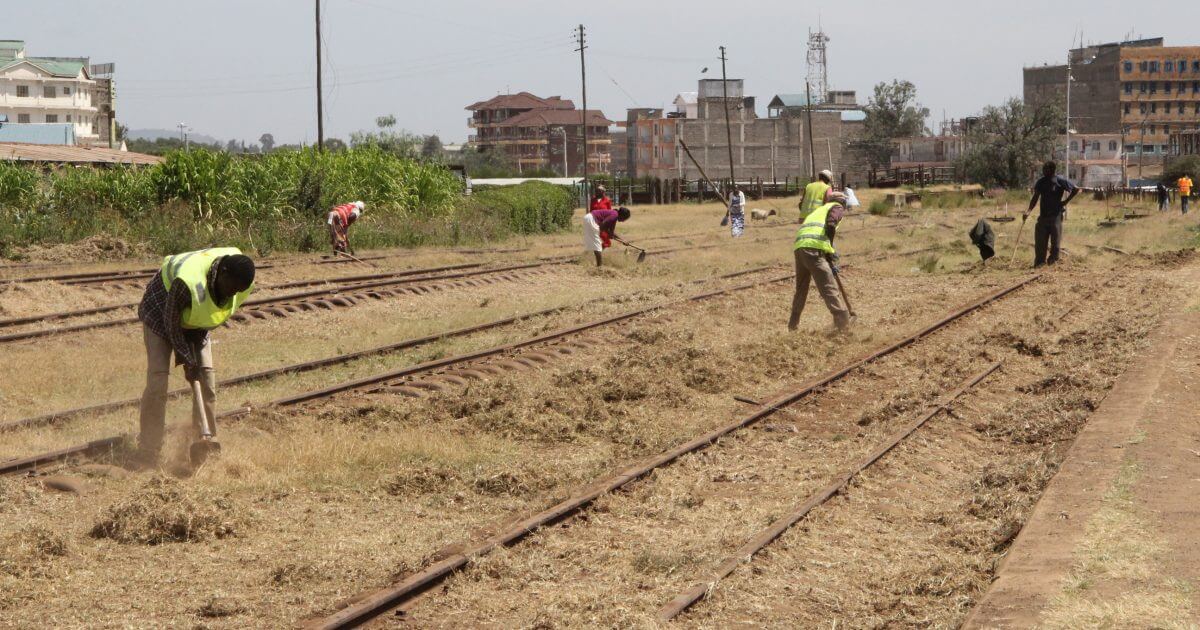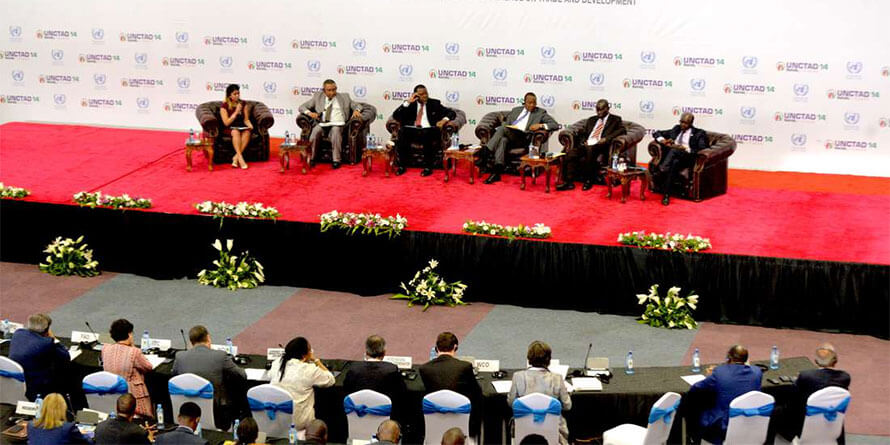The UK this past week opened a new chapter in its relations with African countries at a summit to set the tone for the country’s trade and diplomatic ties with the continent after exiting the European Union. British Prime Minister Boris Johnson hosted leaders from 21 African countries in London, where 27 deals worth an estimated $8.5 billion (£6.5 billion) were signed at the UK-Africa Summit held on January 20. The summit came just months after Japan and Russia hosted African leaders in their respective capitals last year. “We want to build a new future as a global free trading nation, that’s what we are doing now and that’s what we will be embarking on, on 31st of January,” Mr Johnson told the gathering in London. “But I want to intensify and expand that trade in ways that go far beyond what we sell you or you sell us.” The tone of the meeting signalled a shift in Mr Johnson’s attitude towards Africa. Eight years ago, as mayor of London, he wrote a commentary in the Spectator Magazine suggesting that Africa would have been better off if the UK was still its colonial master. Britain expects to start an 18-month transition from being a member of the EU beginning January 31, to being an independent country capable of signing bilateral or multilateral trade deals. Britain may have to renegotiate all trade deals initially signed under the EU, including with African countries. In the EAC, for example, Britain had been a...
$8.5bn worth of deals mark the UK’s post-Brexit investment plans for Africa
Posted on: February 3, 2020
Posted on: February 3, 2020


